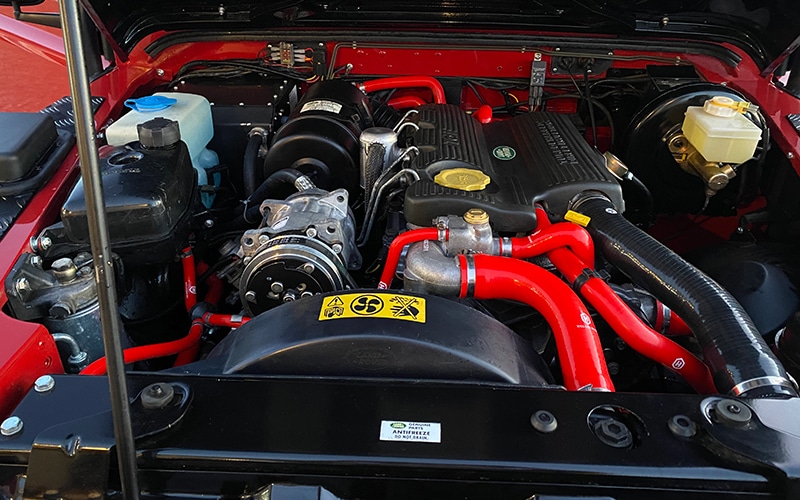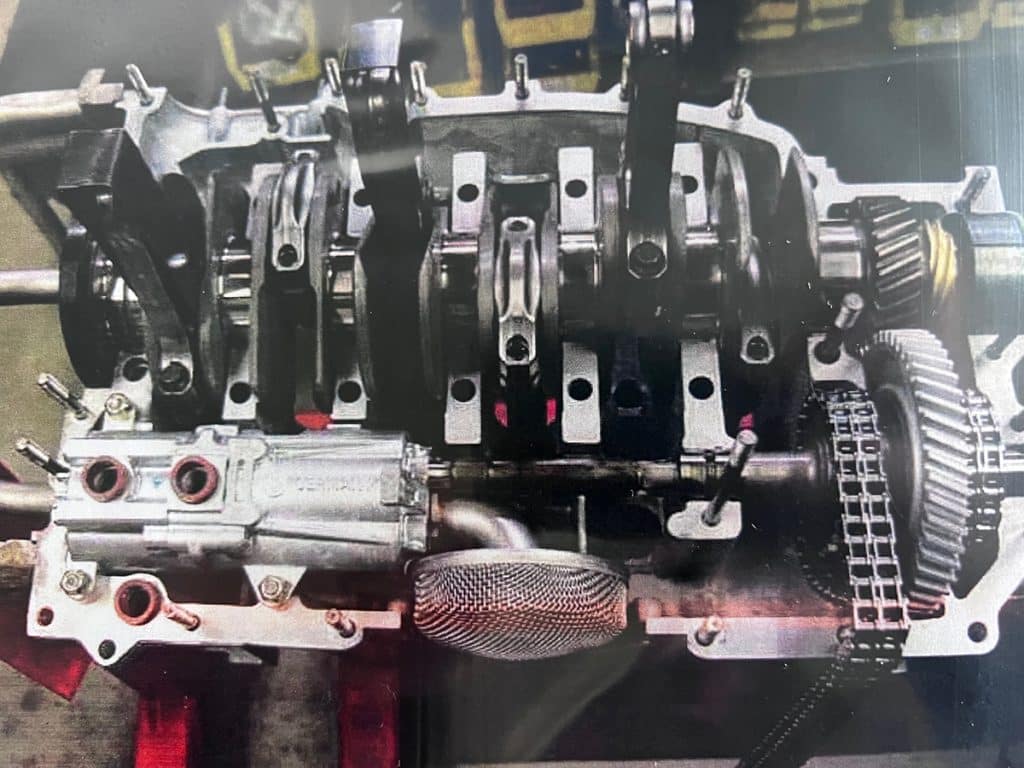What are the Differences of a Gasoline vs a Diesel Motor Vehicle?
When it comes to choosing the right engine for your ride, you might be wondering what all the fuss is about diesel engines. Sure, gasoline engines have been the traditional choice for cars and trucks, but diesel engines have been quietly holding their own for a while now. And, honestly, they’ve got a lot going for them.
First things first, diesel engines are more fuel efficient than gasoline engines. They’re able to travel farther on the same amount of fuel because diesel fuel is denser than gasoline. Plus, diesel engines are built to be more efficient at converting fuel into energy, which means they get better gas mileage. In fact, diesel engines typically have a fuel efficiency of 20-30% higher than gasoline engines, which means you’ll be spending less at the pump.
Another big advantage of diesel engines is that they’re built to last. They’re designed to handle high compression ratios and use compression ignition, which means there’s less wear and tear on the engine’s moving parts. This results in a longer lifespan for your engine, which is always a good thing. Plus, diesel engines are generally simpler in design than gasoline engines, which makes them easier to work on.
When it comes to environmental impact, diesel engines also have an edge over gasoline engines. They emit less carbon dioxide and fewer harmful pollutants like nitrogen oxides and particulate matter. Plus, diesel engines can run on biofuels like biodiesel, which can significantly reduce their carbon footprint.
And here’s the thing, diesel fuel is more commonly used than gasoline, not just in cars but in heavy-duty equipment like farm equipment, tractor trailers, ships and even airplanes. This means diesel fuel is more readily available and often less expensive than gasoline. With the rise of electric vehicles, diesel engines are becoming a more viable alternative since diesel fuel is the life blood of our supply chain when it comes to ships and trucks that deliver our goods and farmers that grow our food.
All in all, diesel engines just have more going for them. They’re more fuel efficient, built to last longer, better for the environment and widely used in heavy-duty equipment.




